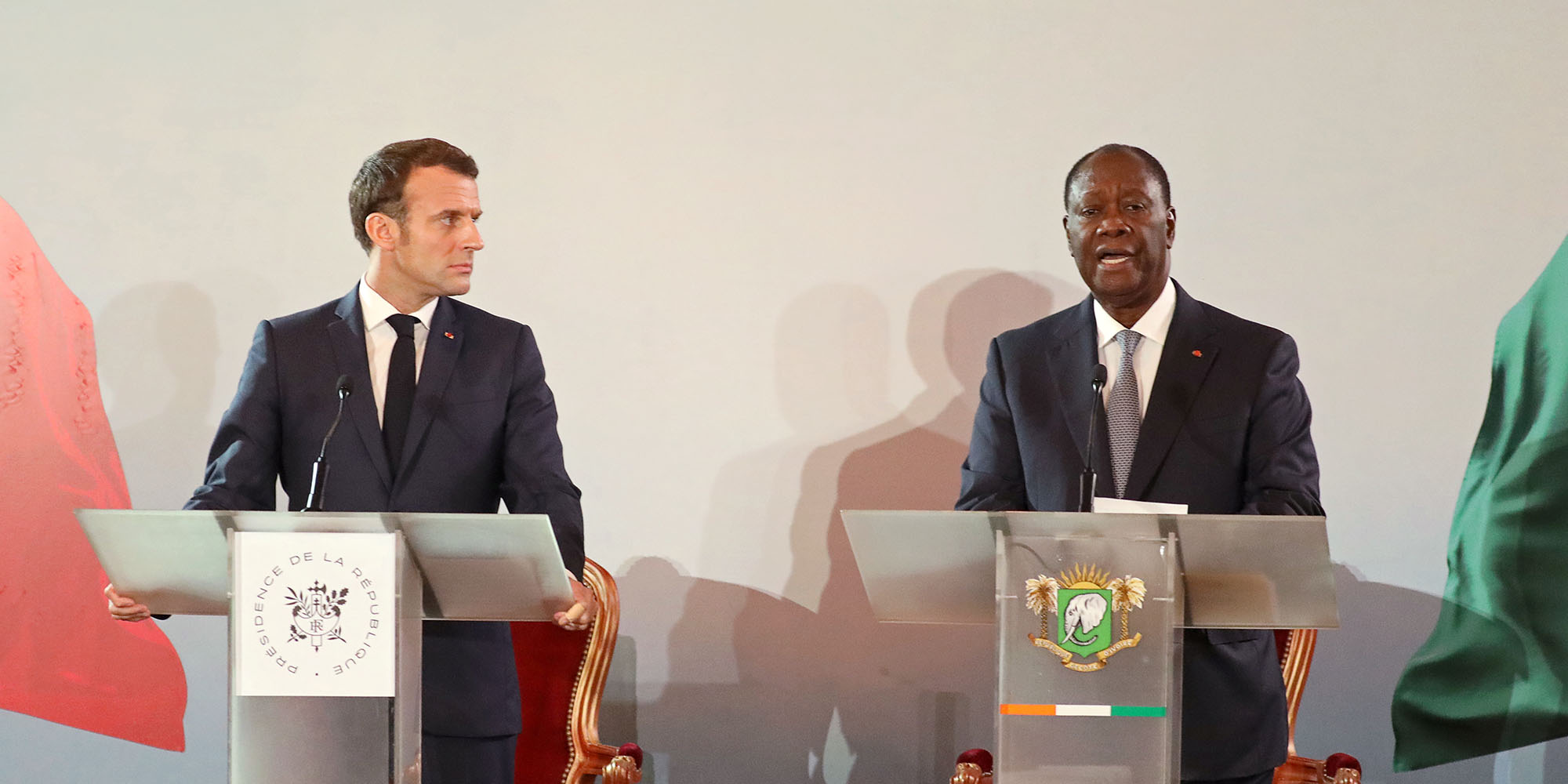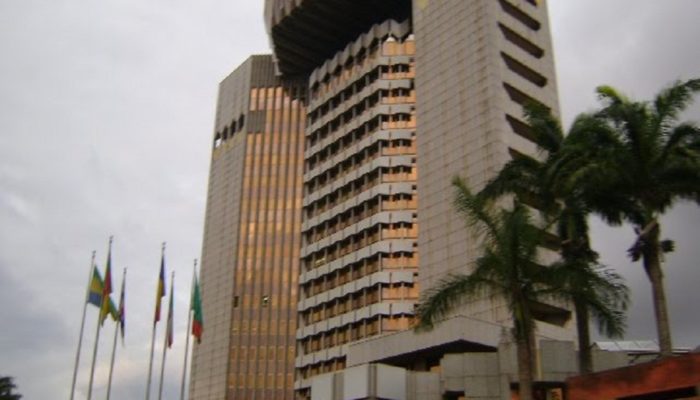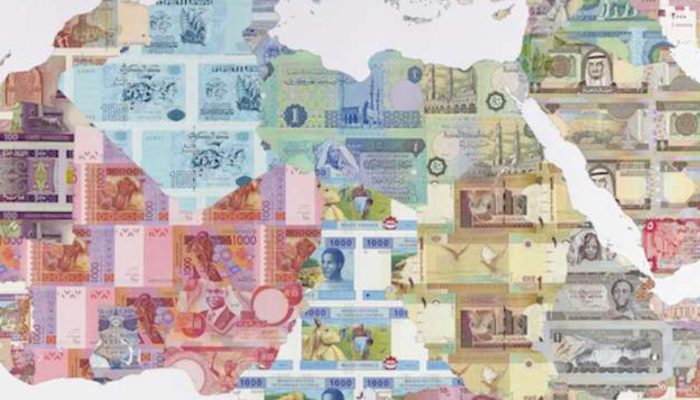The French government announced on May 20, having finalized the bill ratifying the agreement signed on December 21, 2019 between France and the member countries of the West African Monetary Union (UEMOA), relating to the reform of the monetary cooperation that binds them. The announcement, made by government spokesperson Sibeth Ndiaye, was presented by the French press as the death certificate for the CFA franc.
The problem is that all the information on this subject is based only on a political declaration. Very few details have been provided on the content of this ratification bill, any more than on the content of the agreement at the heart of this institutional activity.
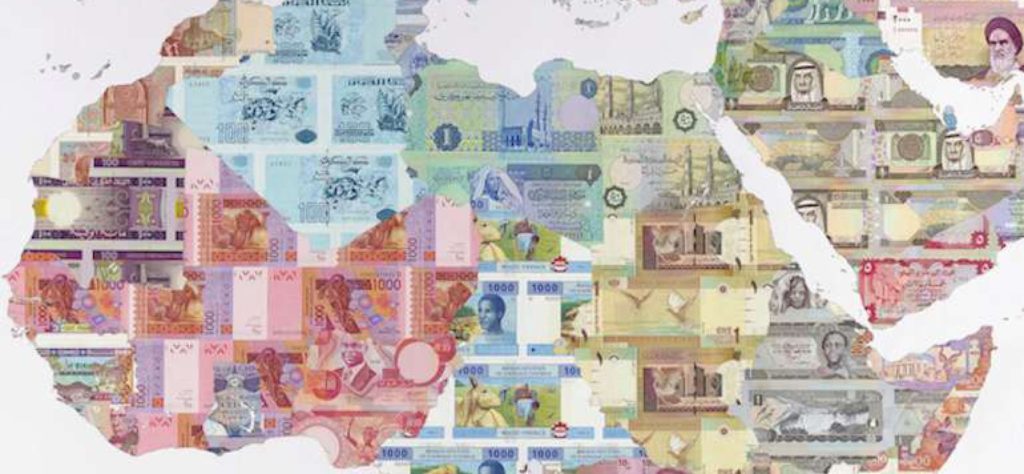
Faced with this information vacuum, their public opinions, especially African, interpret this evolution with the elements in their possession, or at least what they think they know. It seems important to come back to some elements of this information and the issues.
The French Ministry of Foreign Affairs, Cooperation and European Affairs, as well as the Ministry of the Economy and Finance, have tabled a ratification bill. This is by no means exceptional, it was a document expected from the parties involved, namely France and the member countries of the WAEMU. Internationally, when an agreement is signed, it must be validated by the parliaments of the countries concerned, this is known as ratification.
The normal ratification process begins with hearings in the specialized chambers of parliaments (Senate or National Assembly, or both). Subsequently the government prepares a ratification bill, which explains the presence of the Ministry of Foreign Affairs alongside that of Finance, because it is about cooperation on a financial issue. As a result, the ratification bill can provide clarifications and additions, but cannot go beyond the object of ratification, which is the December 23 agreement.
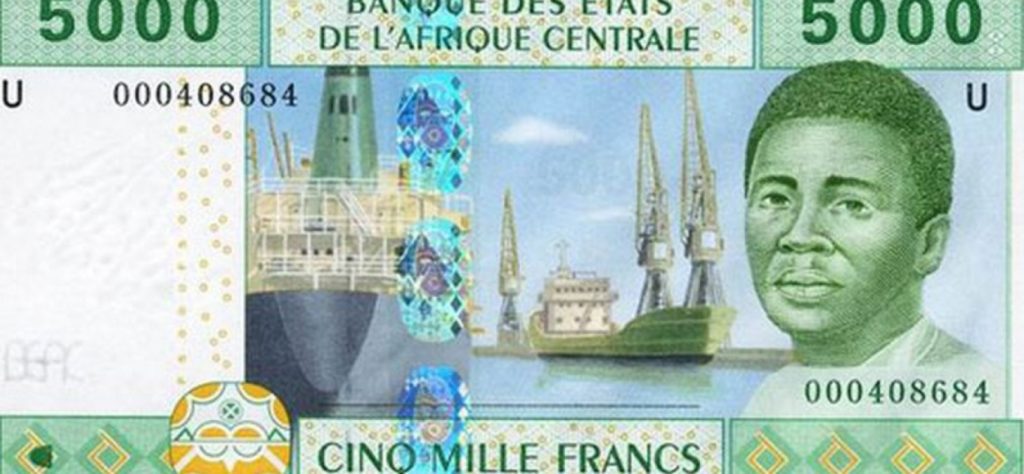
However in December 2019, France and its West African partners did not act to end the FCFA, but to reform some of its aspects. “Everyone knows the historical ties that bind us to the African continent and the will of the President of the Republic to get out of the logic of Françafrique. This led us to take a historic decision, last December 21, by initiating the reform of the CFA franc with the countries of the West African Economic and Monetary Union (UEMOA) “, said Bruno Le Maire, the Minister French Minister of Economy and Finance, during his hearing before the Foreign Affairs Committee of the French Parliament, on January 28. As the French official said, it is not a question of the end of a currency, but of the reform of the FCFA. Because indeed, the FCFA is not just a currency as an instrument of exchange and reserves of values.
It is a system of monetary and commercial cooperation which involves the centralization of foreign exchange reserves in the French public treasury, the presence of French representatives in the monetary authorities of the partner countries, a currency at the heart of the system, the fixed parity of this currency , the convertibility guarantee provided by France on the international level, and on the commercial level, the management of securities accounts, gold reserve deposits and especially the manufacture and guarantee of banknotes and coins.
Envisaged Changes
Both French and African officials have chosen to communicate about the changes to what they call “political irritants”. Indeed, the bulk of criticism of African public opinion has often focused on the historical name of the currency, CFA, which refers to the original designation Francs des Colonies Françaises d’Africa. But there are also all the criticisms of the French treasury operations account, which has fueled all the speculation. As for the French presence in monetary decision-making bodies, it is often experienced as permanent interference. The December 21 agreement therefore removed these elements of contestation.
“Through this change in the name of the currency, the UEMOA has the will to get out of political irritants: the name, the question of the presence of France in the authorities and the centralization of 50% of the foreign exchange reserves. These elements are not necessary to ensure the fixed parity and the guarantee of France “declared Guillaume Chabert, the head of the service of the general direction of the French Treasury in charge of the CFA question, during a hearing on February 12, 2020 last, before the Finance, General Economy and Budgetary Control Commission of the French National Assembly.
From now on, the foreign exchange reserves will be placed by the BCEAO, where it wishes. In the minds of many Africans, this money, which will no longer be located in the accounts of the French treasury, will be used to finance the development of member countries. On the technical side, it is not. Each foreign exchange reserve already has a counterpart which has been created locally, and the currencies are used to support very high imports from African countries which produce little.
For France, it was not painful to abandon the centralization of foreign exchange reserves. This account, which it is required to remunerate at the end of each year at the minimum rate of 0.75%, was rather a financial charge. France can perfectly, thanks to the European Central Bank, borrow at much lower, even negative, rates. The obligation to pay interest higher than that of the European market did not please everyone in the French parliament.
But above all, Emmanuel Macron seemed tired of political attacks, especially from certain opinion leaders in Germany and Italy, who accused his country of swindling Africa, and therefore of promoting immigration. As for Ivorian President Alassane Ouattara, his detractors have nicknamed him the sub-prefect of France and the Bretton Woods system, in reference to his time at the IMF and his solid French friendships. It had become a red rag for the anti-CFA movements.
Unchanged issues
Three essential things do not change and they constitute the fundamental pillars of the CFA. The first is the fixed parity which will be maintained between the new currency and the European currency. Beyond the centralization of foreign exchange reserves and other political “irritants”, it is the very heart of the CFA system. On the French side, it is indicated that this parity was wanted by African countries. But critics point out that parity was strongly “recommended” to leaders who had no experience and who, faced with huge challenges, were in a weak position. It is true that this parity has made it possible to preserve real stability and relatively high levels of growth (Senegal, Côte d’Ivoire, Togo and even Benin). But it has also limited development finance capacities due to the need to stabilize the currency.
The second thing that does not change is the guarantee from France. Various analysts and other rating agencies indicate that this guarantee from France is necessary, indeed even essential, because without it, the weak competitiveness of the economies of the Franc zone could have precipitated the member countries into macroeconomic chaos. However, to date, the terms of this guarantee are not specified. We only know that France requires privileged access to macroeconomic information from the WAEMU to maintain its guarantee.
“The Directorate General of the Treasury will continue to dialogue with the countries concerned and to follow these savings very closely. We are no longer in governance, but there are reporting mechanisms in order to take a closer look at the evolution of the current accounts and reserves of these countries and thus measure the risks of calling the guarantee, “said the director general of the French treasury, during her hearing on February 19, 2020, by the finance committee of the French Senate.
“France’s place is therefore changing to become that of a simple financial guarantor. To this end, new mechanisms are planned to enable it to have the information it needs to monitor and control the financial risk it will continue to take. These include information regularly transmitted by the BCEAO or informal meetings with the various authorities and institutions of the Union. In the event of a crisis or activation of the guarantee, the links would be strengthened to allow in-depth exchanges between the WAMU and the Guarantor, in particular within the BCEAO Monetary Policy Committee. With this agreement, cooperation between France and the WAMU continues on new bases, while guaranteeing France control of its exposure. ” the report of the Council of Ministers of France, of May 20, 2020 also specifies.
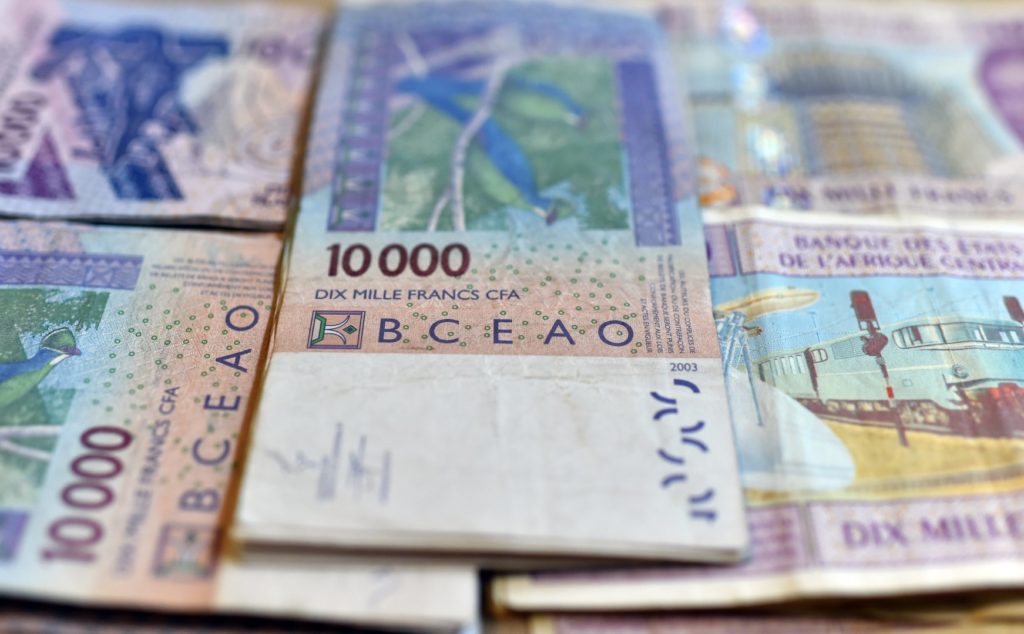
The third thing that this agreement does not call into question is the commercial role of the Banque de France in the CFA system. “The Banque de France has commercial relations with the BCEAO, because it provides the banknotes. He is an important customer, the second after the euro zone for printing banknotes. The Banque de France obviously also has banking relationships with the BCEAO, because we provide it with banking services. It has an account with the Banque de France, like many other central banks. She also has a securities account, “said Bruno Cabrillac, Deputy General manager of the French at a meeting in Parliament.
This simple sentence covers an important business. The BCEAO and the Bank of Central African States (BEAC) are strategic clients for the Banque de France. They represent more than 40%, or even almost half, of its load plan for the future. They are therefore major customers for the future of this activity in France. “So they’re pampered commercially to keep them,” said Cabrillac.
Unknowns of the Reform
Several elements of this reform remain unknown:
The balance sheet of the operations account: “The subject of the cost of these operations and its historical reconstruction is extremely complicated. A purely monetary part can be calculated, but according to a complex methodology. The benefits recovered by France, or the countries concerned, in terms of dynamism and economic spinoffs as well as growth, are also complex to calculate, ”Mr. Chabert told parliamentarians. The UEMOA countries seem to accept the repatriation of the reserves, without the assessment of their deposit in France being carried out.
The adoption of the name ECO: the announcement of Côte d’Ivoire had been variously appreciated by officials from Nigeria, Ghana and Guinea Conakry, members of ECOWAS. UEMOA is accused of advancing alone in a joint project. It must be said that, due to their budgetary indisciplines, these countries have clearly indicated that they would not be ready for the launch of the CEE in 2020, as they had promised. In addition, it is unlikely that ECOs will soon be in circulation in the WAEMU, no order having been, to date, placed in France for the production of coins and banknotes, we learned.
Exchange control: it applies when the WAEMU withdraws money. Normally, the French guarantee eliminates the risk of transfers and not the risk of exchange. In other words, when a transaction authorized by exchange controls is carried out, this gives the right to exchange CFA for a foreign currency. With the foreign exchange reserves in the operations account of the French public treasury, France had, in fact, a look at the exchange movements. Now that she will no longer centralize these resources, she will nevertheless want to continue to be informed, in order to measure what her guarantee will relate to. This information mechanism is not clearly explained. According to officials of the Banque de France, it will be important for exchange control to continue, because it is difficult, in the same monetary policy, to have fixed parity and free exchange. Likewise, the option of a basket of currencies on which the new WAEMU currency could be based, and which is often claimed by certain economists, does not seem to be the order of the day. Everything will therefore depend on the location of the foreign exchange reserves which will be recovered by the BCEAO.
The implementing text of the new guarantee agreement: on the French side, it seems to be openly indicating that there is a risk taking. It is this precise point which makes say that the CFA is not dead and buried, because the whole control system is justified by this guarantee. A deputy, at the hearing, assumed that the service will be free, it is in fact unknown whether France will invoice, or condition on a commercial agreement, this commitment.
The WAEMU countries have not commented on this precise point, even if, in France, it is recognized that the risk linked to this guarantee is “almost zero”. It has not been activated since 1994.
The last unknown, finally, is the current position of the WAEMU governments: all the challenges posed above require political involvement in the parliaments and civil society of member countries. However, less than a month before the entry into force of the agreement, there is no impression that the ratification process is very advanced in the sub-region. Unless the French ratification project is the one that will be presented for validation to the parliaments of the WAEMU countries, which would be strongly criticized by their public opinions. The process can also be postponed due to the Covid-19, which has established itself as the master of time.
An Analysis of Ecofin



